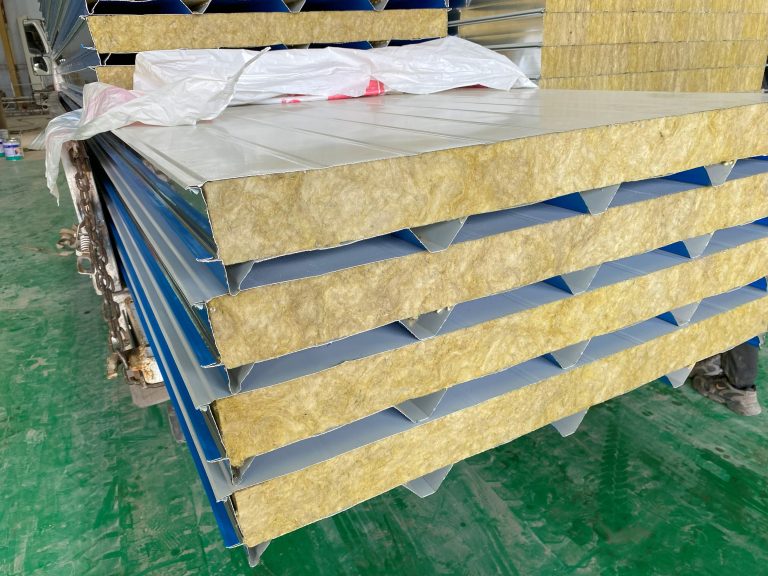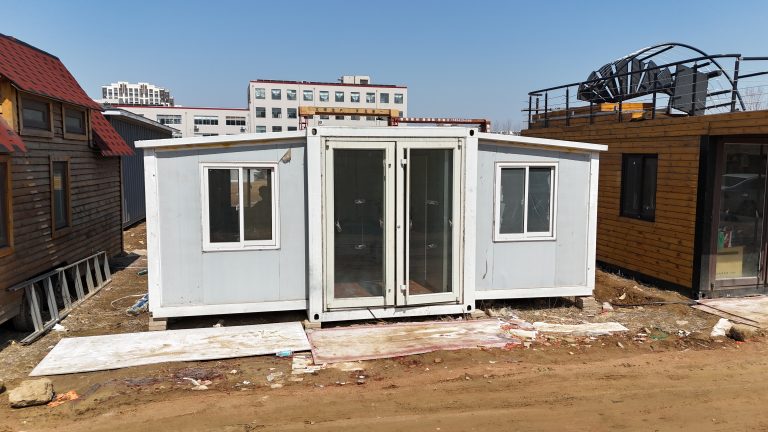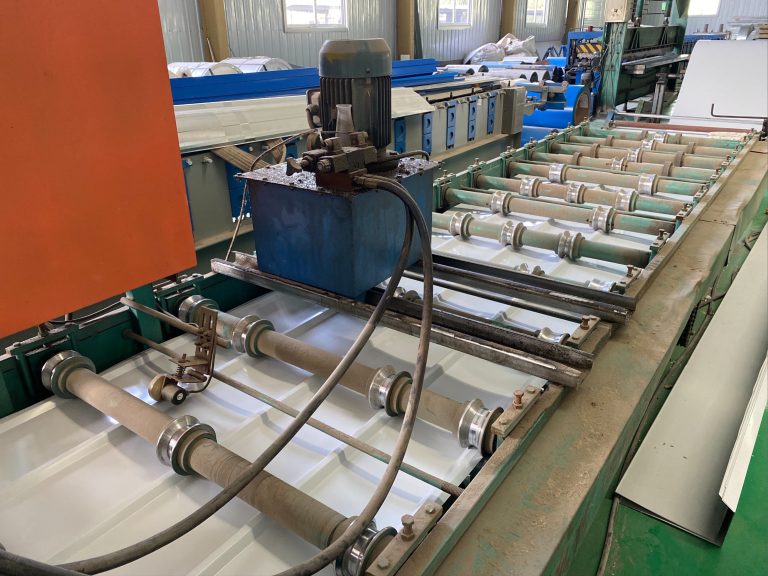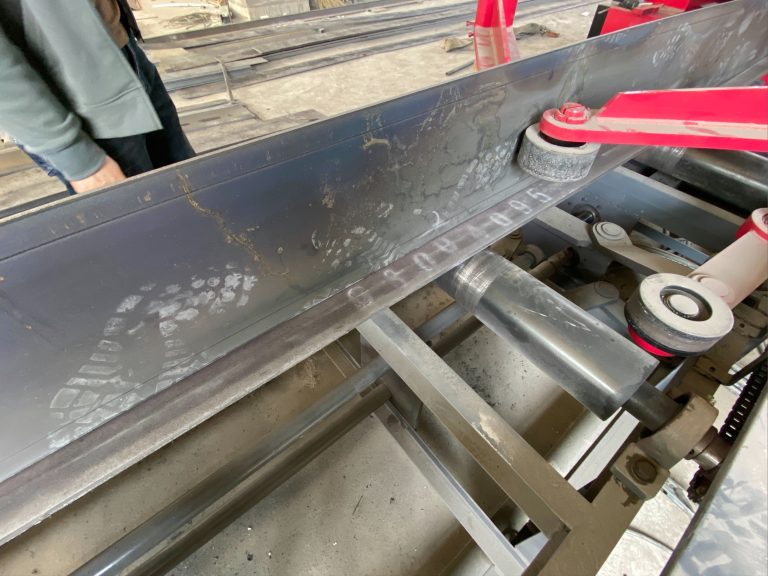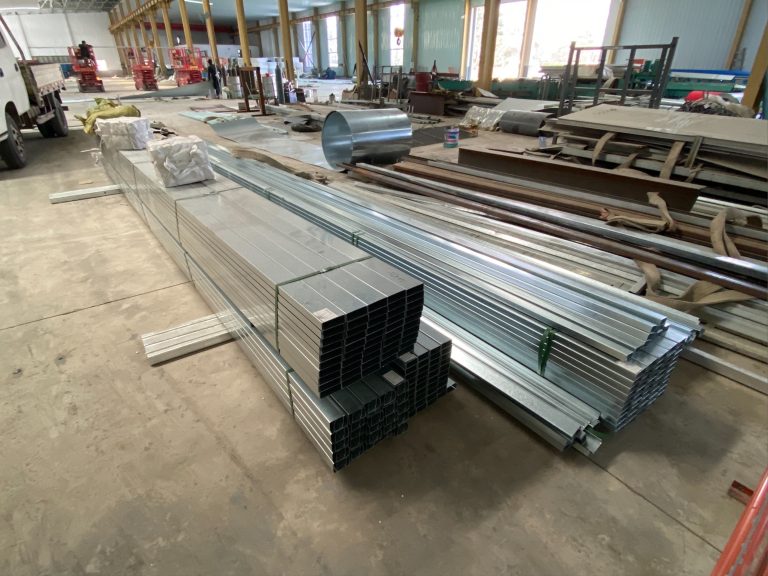Quality control in the steel construction industry: a guarantee of excellence.
Table of Contents
Implementing Quality Control Measures in Steel Fabrication Processes
Quality control is a critical aspect of the steel construction industry, ensuring that the final product meets the highest standards of quality and safety. Implementing quality control measures in steel fabrication processes is essential to guarantee excellence in the final product. By adhering to strict quality control protocols, steel fabricators can minimize errors, reduce waste, and deliver superior products to their clients.
One of the key components of quality control in the steel construction industry is the use of standardized procedures and protocols. These procedures outline the steps that need to be followed at each stage of the fabrication process, from material selection to final inspection. By following these procedures consistently, fabricators can ensure that each component meets the required specifications and quality standards.
In addition to standardized procedures, quality control in steel fabrication also involves the use of advanced technology and equipment. Modern fabrication facilities are equipped with state-of-the-art machinery and tools that enable fabricators to produce high-quality components with precision and accuracy. By investing in the latest technology, fabricators can improve efficiency, reduce production times, and enhance the overall quality of their products.
Another important aspect of quality control in steel fabrication is the training and certification of personnel. Skilled and knowledgeable employees are essential to ensuring that quality control measures are implemented effectively. Fabricators should provide ongoing training to their employees to keep them up-to-date on the latest industry standards and best practices. Additionally, employees who are responsible for quality control should be certified to ensure that they have the necessary skills and expertise to perform their duties effectively.
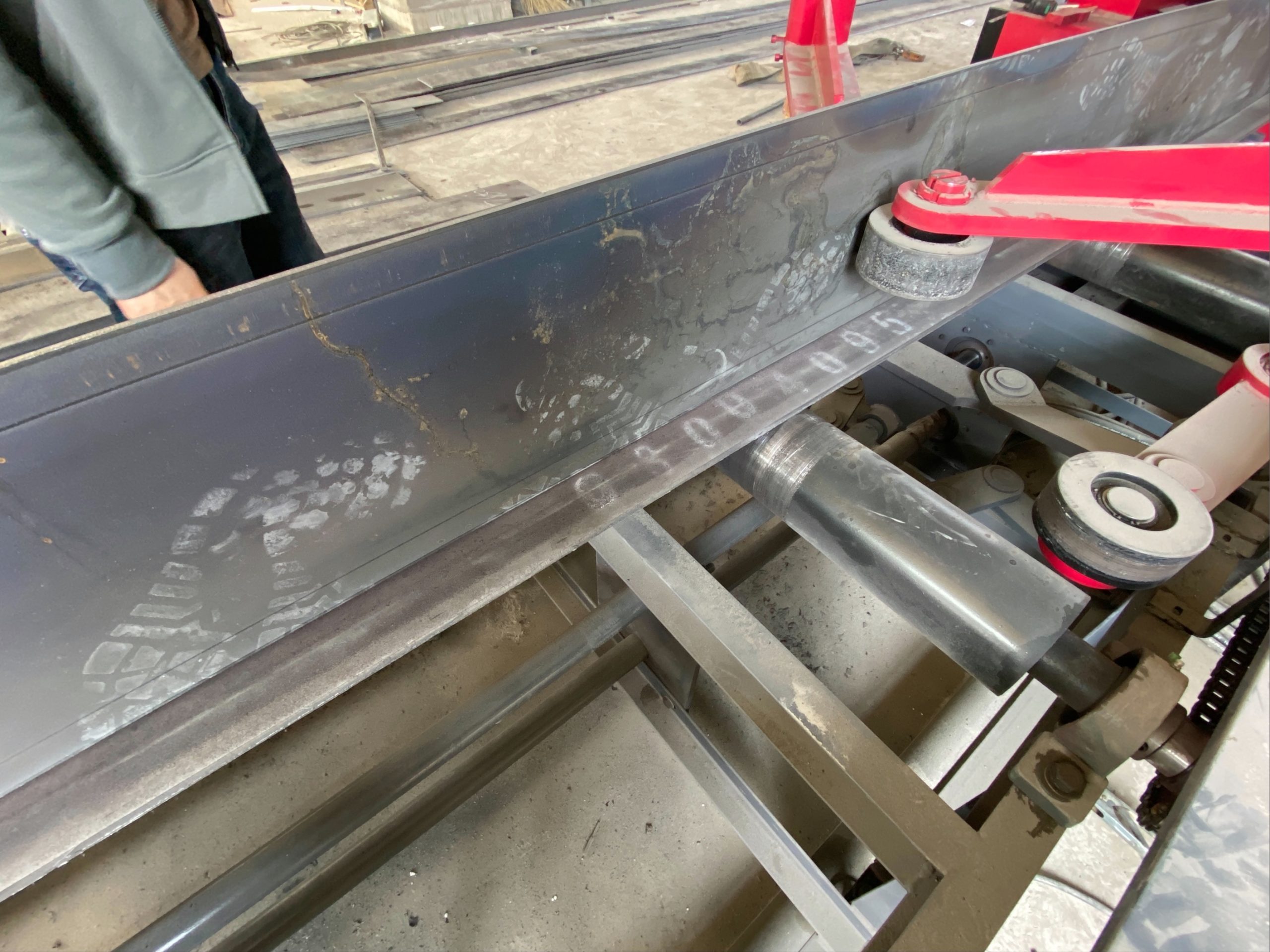
Quality control in steel fabrication also involves regular inspections and testing of materials and components. Fabricators should conduct thorough inspections at each stage of the fabrication process to identify any defects or deviations from the required specifications. In addition, materials and components should be tested for strength, durability, and other quality parameters to ensure that they meet the necessary standards.
To further enhance quality control in steel fabrication, fabricators should also implement a system of documentation and record-keeping. Keeping detailed records of all fabrication processes, inspections, and tests allows fabricators to track the quality of their products and identify areas for improvement. By maintaining accurate records, fabricators can also provide clients with assurance that their products have been manufactured to the highest standards.
In conclusion, quality control is a crucial aspect of the steel construction industry, ensuring that the final product meets the highest standards of quality and safety. Implementing quality control measures in steel fabrication processes is essential to guarantee excellence in the final product. By following standardized procedures, using advanced technology, training personnel, conducting inspections and testing, and maintaining detailed records, fabricators can ensure that their products meet the required specifications and quality standards. Quality control is not only a guarantee of excellence but also a testament to the commitment of fabricators to delivering superior products to their clients.
Importance of Quality Assurance Inspections in Steel Construction Projects
Quality control in the steel construction industry is a critical aspect that ensures the safety, durability, and overall quality of steel structures. Quality assurance inspections play a vital role in maintaining high standards and meeting regulatory requirements in steel construction projects. These inspections are conducted at various stages of the construction process to identify and rectify any defects or deviations from the specified standards.
One of the primary reasons why quality assurance inspections are essential in steel construction projects is to ensure compliance with industry standards and regulations. Steel structures are subject to stringent codes and standards to guarantee their structural integrity and safety. By conducting regular inspections, construction companies can verify that the materials used, fabrication processes, and installation techniques meet the required standards.
Moreover, quality assurance inspections help to identify potential issues early in the construction process, preventing costly rework and delays. By detecting defects or deviations from the standards at an early stage, construction companies can take corrective actions promptly, minimizing the impact on the project timeline and budget. This proactive approach not only ensures the quality of the final product but also enhances the overall efficiency of the construction process.
In addition to ensuring compliance with standards and regulations, quality assurance inspections also help to maintain the reputation and credibility of construction companies. Clients and stakeholders expect high-quality and reliable steel structures that meet their expectations and requirements. By implementing rigorous quality control measures, construction companies can demonstrate their commitment to excellence and customer satisfaction, building trust and confidence among their clients.
Furthermore, quality assurance inspections contribute to the long-term performance and durability of steel structures. Steel is a versatile and durable material that can withstand various environmental conditions and loads. However, poor quality control practices can compromise the structural integrity and longevity of steel structures. By conducting thorough inspections and quality control checks, construction companies can identify and address potential issues that could affect the performance and durability of the structure.
To ensure the effectiveness of quality assurance inspections in steel construction projects, construction companies must establish robust quality control processes and procedures. This includes defining clear quality objectives, implementing quality control measures at each stage of the construction process, and conducting regular inspections by qualified professionals. It is essential to document and track the results of inspections, identify non-conformities, and take corrective actions to address any issues promptly.
In conclusion, quality assurance inspections are a crucial component of quality control in the steel construction industry. By ensuring compliance with standards and regulations, identifying potential issues early, maintaining reputation and credibility, and enhancing the long-term performance of steel structures, quality assurance inspections play a vital role in guaranteeing excellence in steel construction projects. Construction companies must prioritize quality control and implement robust quality assurance processes to deliver high-quality and reliable steel structures that meet the expectations of clients and stakeholders.

